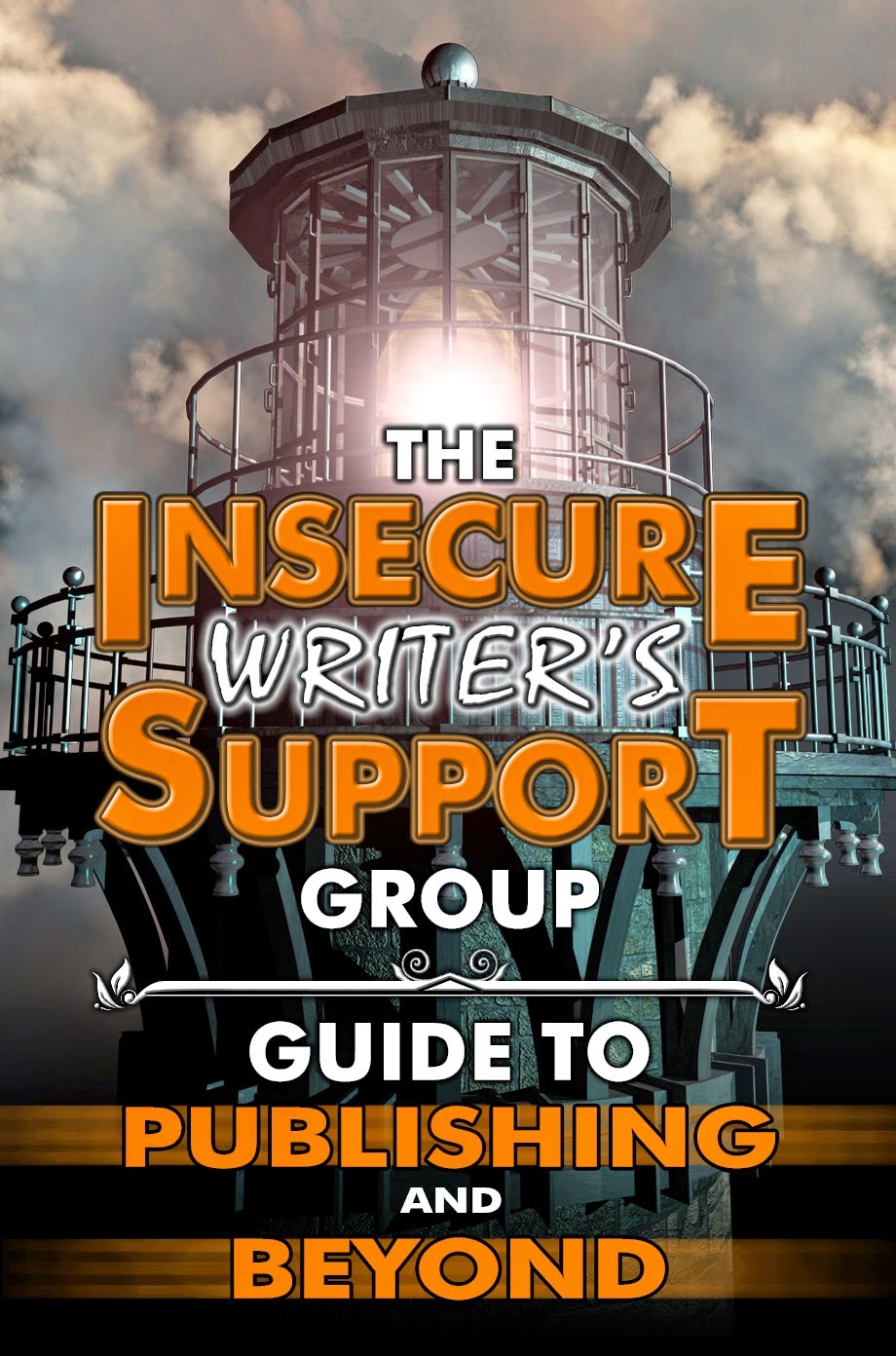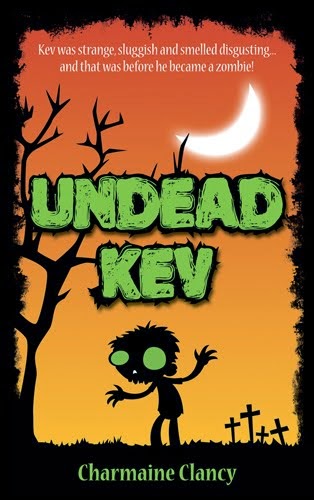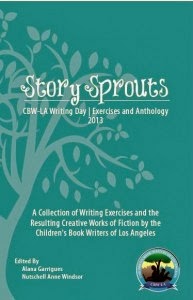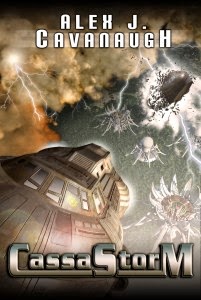Direct narrative is when you have the reader experience a scene through
a character. Doing what they do, feeling what they feel.
Indirect narrative is when the reader is told what just happened
without getting a blow by blow report.
In most cases you’re going to write in direct narrative as much as
possible. It’s more immediate and engaging, and makes it easier for the reader
to connect with the character. First person narrative in particular is mainly
written in this mode.
But there are times when you don’t want to live through every second of
a story. Knowing when it is beneficial to the story to live through every
moment, and when it’s just padding things out unnecessarily isn’t always
obvious. Fortunately there’s a rule of thumb that can help make it clear which
way to go.



































































































